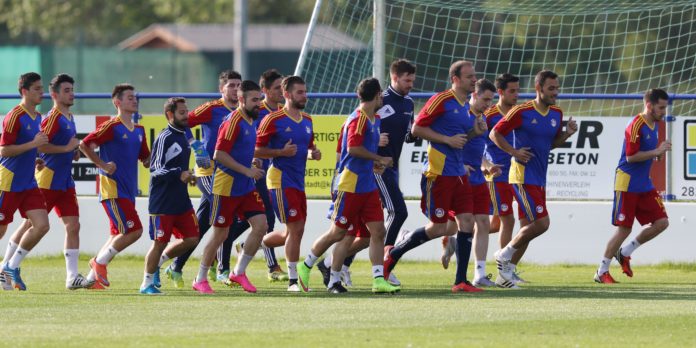Here’s evidence that warm up before heavy exercise prevents injuries.
Sportspersons may say it is reiterating what is already well known but science of course, swears by evidence. So here’s evidence that warm up before heavy exercise prevents injuries.
A warm-up program developed specially for children reduces soccer injuries by around 50 percent, sports scientists from the University of Basel reported in the academic journal Sports Medicine. A total of 243 teams comprising around 3,900 children from four European countries took part in the study.
The characteristics of soccer injuries in children differ from those seen in young people and adults. “For example, children are more likely to suffer broken bones or injuries to the upper extremities,” says sports scientist Dr. Oliver Faude from the University of Basel. Until now, however, epidemiological data on soccer injuries in this age group has been scarce.
Based on studies into the characteristics of soccer injuries in children carried out by Dr. Roland Rössler from the University of Basel’s Department of Sport, Exercise and Health, an international team of experts developed a 20-minute warm-up. The program “11 + Kids” comprises seven warm-up exercises to be performed at the start of the children’s regular soccer training sessions.
Under the leadership of Oliver Faude and Roland Rössler, an international research group has now scientifically tested the warm-up program for children’s soccer for the first time. A total of 3,895 players between the ages of 7 and 13 from Switzerland, Germany, Czechia and the Netherlands took part in the large-scale study.
While the control group went about their training as normal, the intervention group warmed up regularly with the special “11 + Kids” program. After one soccer season, the injury rate of the team that followed the program was 48 percent lower than the control group, while the rate of severe injury fell by as much as 74 percent.
The results of the FIFA-backed study show that an appropriate warm-up program can help prevent a large percentage of injuries provided it is performed at least once, and preferably twice, per week.


